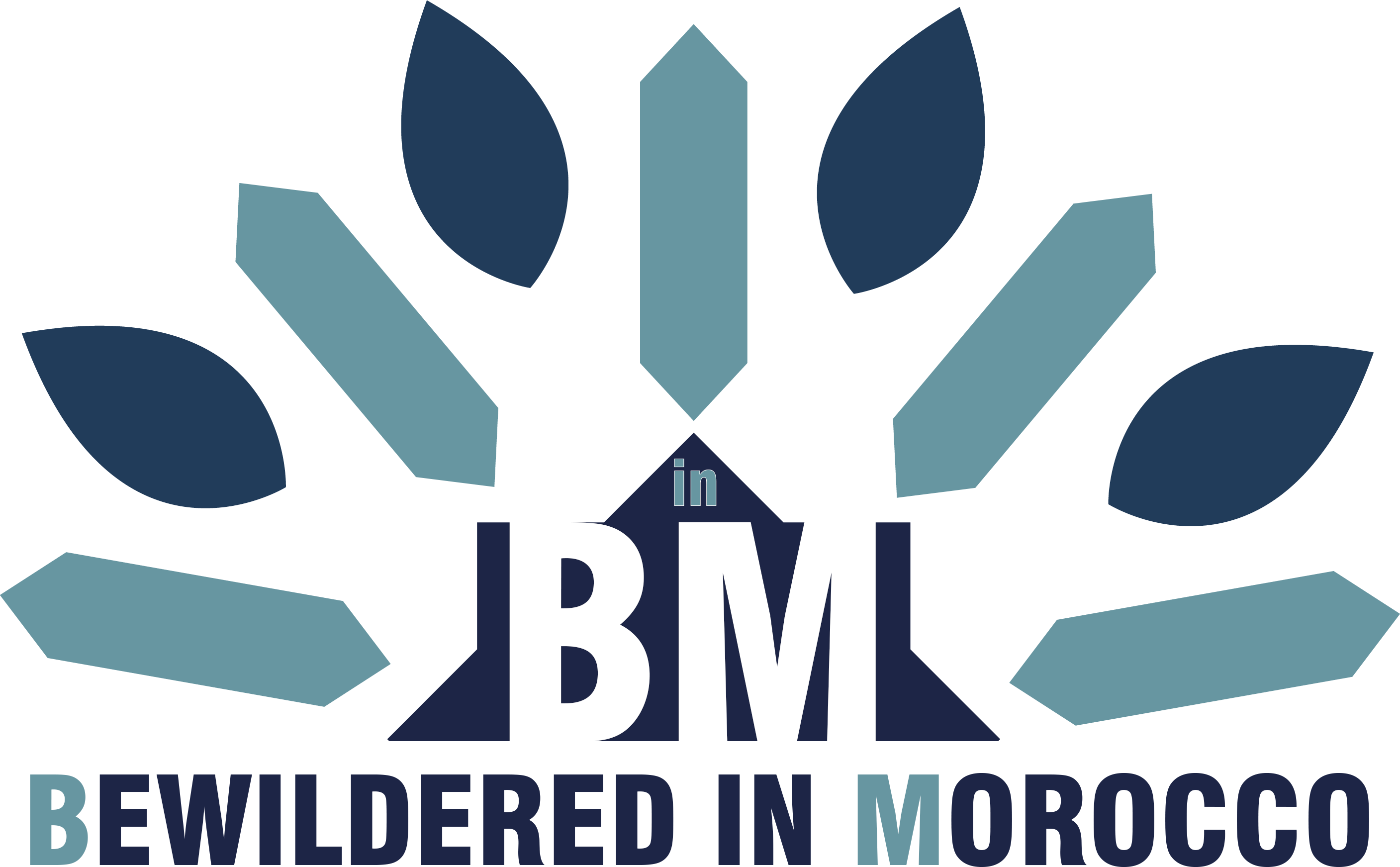Moroccan weddings are grand occasions that weave together tradition, joy, and vibrant cultural heritage. Spanning multiple days, these events are deeply rooted in family, religion, and ancestral customs. Despite modern influences, Moroccan weddings retain their unique identity, celebrating love and unity in unforgettable ways.
The Role of Family in Moroccan Weddings
Family plays a central role in Moroccan marriages. Respect for parents and adherence to traditions are paramount, as the union of two individuals also represents the bonding of two families. The blessing of both families is integral, culminating in a series of pre-wedding and wedding ceremonies that honor familial values.
The Journey Begins: The Ketba (Engagement)
The ketba, or engagement, marks the official start of the marriage process. It involves a formal request from the groom’s family to the bride’s family for her hand in marriage. Once both families agree on details such as the dowry, wedding budget, and guest list, the couple is officially engaged, and wedding preparations commence. This phase often lasts several months, allowing ample time for meticulous planning.
Preparation and Rituals
Wedding preparations are a family affair, with tasks ranging from booking venues and musicians to selecting the perfect neggafa—a professional who oversees the bride’s beauty and attire. The couple also participates in a Caget ceremony, where the marriage contract (al kaghet) is signed in the presence of close family members.
As the wedding approaches, the bride undergoes several rituals. These include:
- The Milk Bath: A cleansing ritual in the hammam with female family members, symbolizing purity and preparation for marriage.
- The Henna Ceremony: The bride’s hands and feet are adorned with intricate henna designs by a skilled naqasha. Guests often join in, as henna is believed to bring prosperity and happiness.
- The Hddiya: A celebratory evening where the bride receives gifts from her husband’s family, including caftans, jewelry, and symbolic items like sugar and milk, representing happiness and purity.
The Wedding Day
On the wedding day, the bride is transformed by the neggafa in a beauty salon before joining the celebration. Guests arrive early, enjoying traditional snacks and music. The bride makes her grand entrance around 11 p.m., carried into the venue on an amariya (ornate chair). Dressed in a stunning Tachkita, she embodies grace and elegance, seated alongside her groom on a throne-like platform.
Throughout the evening, the bride showcases her heritage through multiple outfit changes, often including regional dresses like the Fassi, Saharawi, or Chamaliya styles. The groom complements her attire with traditional garments such as the jabador or djellaba.
The Feast and Festivities
Moroccan wedding meals are lavish and served in three courses:
- Appetizer: A savory pastilla filled with chicken and almonds.
- Main Course: Hearty dishes like couscous, tajine, or méchoui.
- Dessert: Fresh fruit and sweet confections.
Music and dance are integral, with live orchestras, DJs, and the rhythmic dakka marrakchia setting the mood. The celebrations often extend until dawn, concluding with the bride in a Western-style white dress—a nod to modern influences.
Post-Wedding Traditions
The festivities don’t end with the wedding night. Newlyweds spend the following week visiting family and friends to express gratitude for their support and gifts. This custom reinforces the bonds of love and community central to Moroccan culture.
Modern Influences
While traditional elements remain strong, Moroccan weddings have embraced some modern touches, such as European-style dresses and contemporary venues. However, couples strive to honor their roots by preserving the rituals and values that define their heritage.
Frequently Asked Questions
- How much does a Moroccan wedding cost?
Costs vary based on venue, guest count, and other factors. Traditional weddings can exceed $10,000, but smaller, more intimate celebrations are also common. - Who pays for a Moroccan wedding?
Traditionally, the bride’s family bears most expenses, but modern trends see costs being shared between both families. - Can tourists get married in Morocco?
Yes, but the process involves obtaining legal documents and permissions. Symbolic ceremonies are a simpler alternative for visitors.
Moroccan weddings are joyous occasions where tradition meets celebration, leaving an indelible mark on everyone who participates. Let me know if you’d like any adjustments or additional sections!
